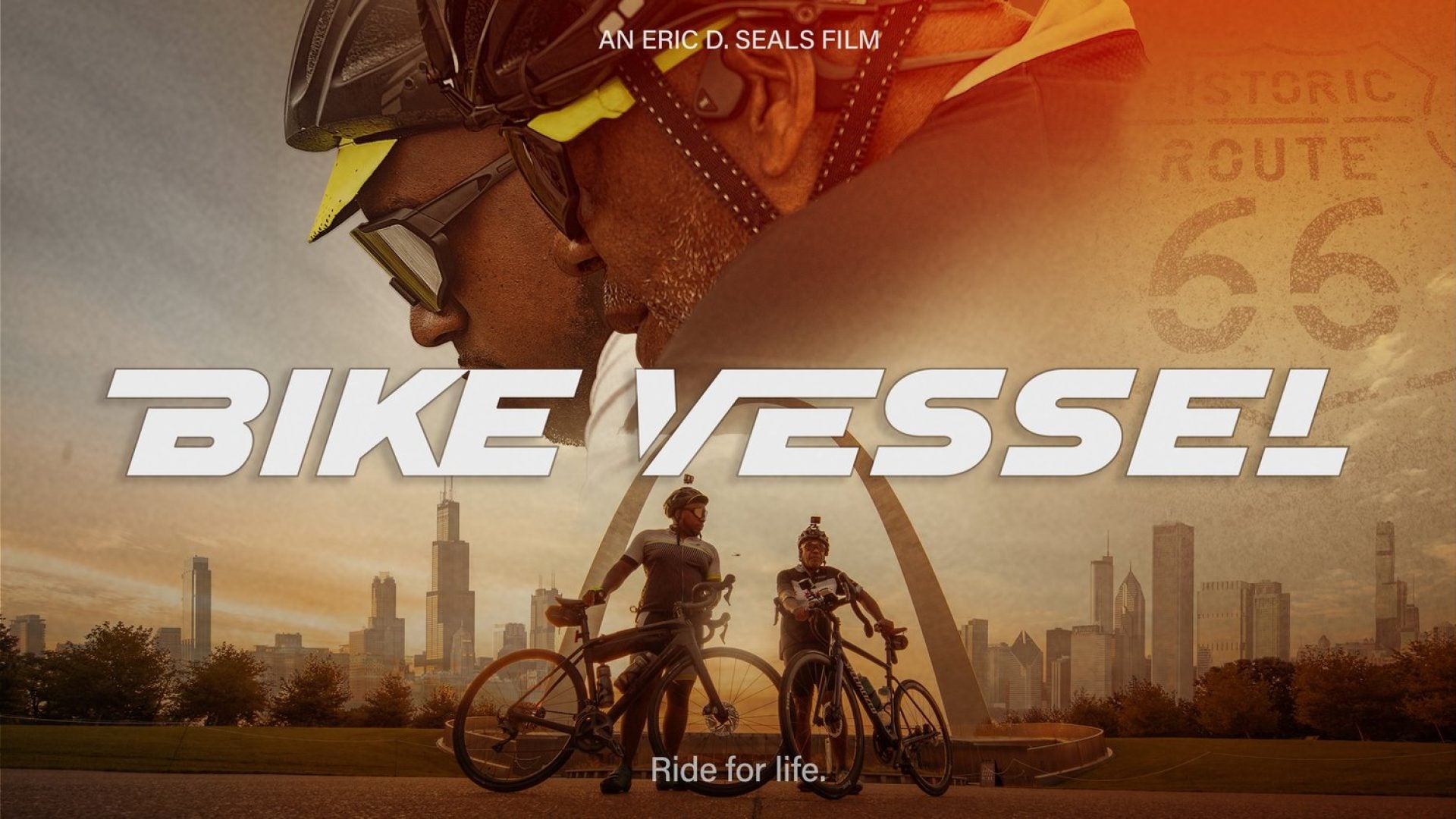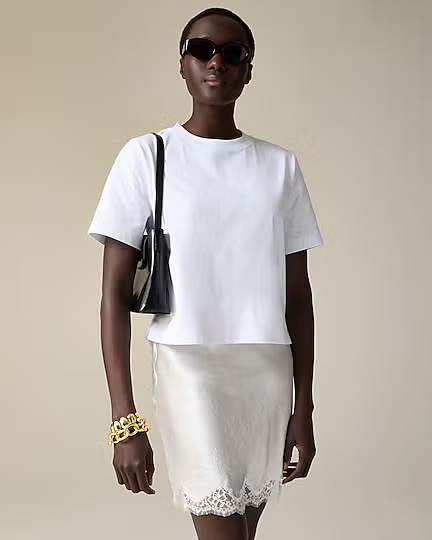
In the documentary Bike Vessel, viewers follow Eric D. Seals and his father, Donnie Seals Sr., as they embark on a challenging bike ride from St. Louis to Chicago, detailing Donnie’s journey toward a healthier lifestyle.
A few years ago, Donnie nearly lost his life after undergoing three open-heart surgeries, but discovering a new love for cycling helped save him. His story resonates with many Black Americans. According to the U.S. Department of Health and Human Services, Office of Minority Health, heart disease is the leading cause of death in the United States. Black people have a 30% higher chance of dying from heart disease than their white counterparts, with African-American men over 44 facing particularly high risks.
However, heart disease is preventable. Lifestyle changes can significantly reduce risk, a message Bike Vessel aims to convey. The documentary not only chronicles the father-son relationship between Donnie and Eric but also delves into the healthcare system’s inadequacies regarding Black men’s health.
Not only does Bike Vessel chronicle the father-son relationship between Donnie and Eric, it also delves into “the inadequacies in our healthcare system when it comes to Black men.”
Eric, who not only starred in the documentary alongside his father, but also directed “Bike Vessel,” shared his insights with ESSENCE about the filmmaking process, the inspiration behind the story, and what he hopes viewers can learn.
Donnie’s cycling journey began in 2016 after Eric’s wife challenged him to a game of tennis. Eric, ever the filmmaker, captured the game on video, revealing Donnie’s poor physical condition. Motivated by the footage, Donnie decided to buy a bike the next day.
“I told him it was a horrible idea,” Eric recalled, but Donnie was adamant. “He said, ‘I need to try something.” Initially, “he could barely get around the block. But that was the beginning of me starting to film with him. I didn’t know I was making a documentary at the time, I was just capturing life.”







“Over a period of time, I started to notice that he was getting really good, and as I started doing more research, I realized that I was connecting with my dad in a way that I hadn’t connected with him for so long,” said Eric. Before, “we never talked about his health to this degree, and we never talked about exercise, so I joined him on the journey and started riding with him. It wasn’t until about a year or two of random filming where I thought, ‘Hey, I think this could be a great documentary.’ And that was the beginning of creating ‘Bike Vessel.”
“I’ve learned a lot through cycling. One of the first things is that I didn’t realize I needed it until I started riding,” Eric revealed. Ultimately, “I want to help raise awareness and get Black men healthier through this film. If they can get inspired by seeing my Dad’s and start changing their life around, if just one person decides to do an activity, that’s a win for me.”
“So far ‘Bike Vessel’ has been all across the nation in major film festivals, and this is a great opportunity to start the dialogue. If there’s anything that I’m hoping that this film does is start the dialogue between Black family members to start reconsidering how they’re conducting their health.”






